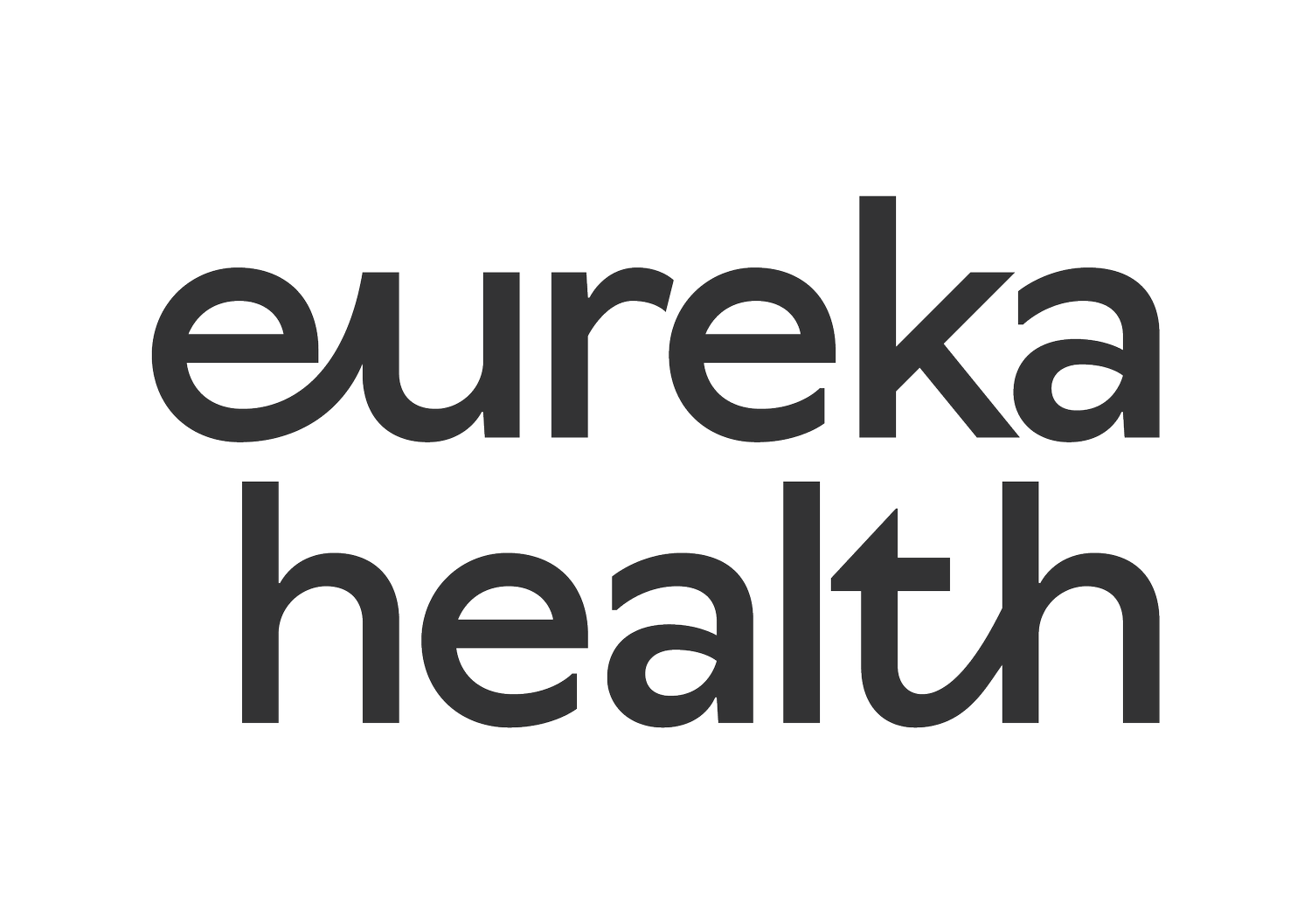More Than Just a Headache: Untangling Migraine, Dizziness & Concussion Symptoms
At Eureka Health, we often see patients experiencing symptoms such as persistent headaches, dizziness, unsteadiness, and visual disturbances. These symptoms can stem from a variety of underlying conditions including headaches, migraines, vestibular disorders, and post-concussion syndrome (PCS). Understanding the similarities and differences between these conditions is key to ensuring accurate diagnosis and effective management. Fortunately, conservative care through osteopathy and physiotherapy can play a central role in this process.
Headaches: More Than Just Tension
Primary headaches (meaning a headache not caused by an underlying medical problem), including tension-type headaches, are among the most common type of headache. They are typically described as a dull, aching pain, often bilateral, and may be associated with neck pain and stiffness.
Common causes: muscle tension, stress, neck dysfunction, poor ergonomics, highly repetitive activities, lifestyle factors
Symptoms: pressure-like pain in the head, tightness in head or neck, tenderness in scalp and/or shoulder muscles
Migraines: A Complex Neurological Disorder
Migraines is a type of Primary headache and are often mislabelled as “bad headaches”. They are a complex neurological condition and may present with or without aura (visual or sensory disturbances), and are often accompanied by nausea/vomiting, sensitivity to light and sound, and can be severely disabling.
Symptoms: throbbing head pain (usually one-sided), visual disturbances, nausea, light/sound sensitivity, can last from several hours to several days
Triggers: hormonal changes, stress, sleep disruption, certain foods, alcohol, exercise and many more
Migraines can overlap with other vestibular symptoms, leading to a subtype known as vestibular migraine, which includes episodes of dizziness and unsteadiness.
Vestibular Disorders: When the World Spins
Vestibular conditions affect the inner ear and brain pathways that help control balance and eye movements. Conditions such as Benign Paroxysmal Positional Vertigo (BPPV), vestibular neuritis, and Meniere’s disease can cause vertigo, unsteadiness, and nausea.
Symptoms: spinning sensation (vertigo), unsteadiness, visual disturbance, motion sensitivity
Common causes: viral infections, head trauma, age-related degeneration
These disorders can mimic or coexist with migraines or PCS, making differential diagnosis crucial.
Post-Concussion Syndrome (PCS): Lingering Effects After a Head Injury
PCS refers to persistent symptoms that continue for weeks or months following a mild traumatic brain injury or concussion. Importantly, you don’t need to have a loss of consciousness to experience this - sometimes a big collision or heavy bang on your head can be enough to trigger a concussion and subsequent PCS. Symptoms often include a combination of headache, dizziness, difficulty concentrating, memory issues, fatigue, and visual disturbances. PCS can be particularly challenging because of its overlapping presentation with migraines and vestibular disorders.
Symptoms: headache, dizziness, cognitive difficulties, sensitivity to light/sound, mood changes, fatigue, “brain fog”
Causes: usually following sports injuries, falls, assaults or accidents
How Osteopathy and Physiotherapy at Eureka Health Can Help
Accurate assessment and diagnosis are critical. At Eureka Health, our multidisciplinary team of osteopaths and physiotherapists work together to:
Perform detailed musculoskeletal, vestibular, and neurological assessments to rule out serious conditions that may need referral or imaging
Identify contributing factors such as neck dysfunction and vestibular disorders
Create personalised treatment plans aimed at rehabilitation and symptom reduction/resolution
Our conservative management may include:
Manual therapy for head, neck, back and jaw tension
Vestibular rehabilitation therapy (VRT) for dizziness and unsteadiness, motion sensitivity, visual disturbance
Exercise prescription to retrain balance, proprioception and neck strength
Education around activity pacing and gradual return to daily life
Lifestyle advice to address triggers like sleep, diet, and stress
Importantly, prolonged rest is no longer the gold standard for concussion recovery. Aside from the initial 24-28 hour period, immediately following a concussion injury, light aerobic activity is encouraged and shown to reduce the likelihood and severity of PCS symptoms (McCrory et al., 2017).
Key Takeaways
Headaches, migraines, vestibular disorders and PCS share overlapping symptoms but require distinct assessment and management approaches
Early intervention is key to prevent chronicity
Osteopathy and physiotherapy offer safe, effective and drug-free ways of helping you recover and manage these problems
At Eureka Health, we’re committed to individualised, evidence-based care
References
Olesen, J. et al. (2006). The International Classification of Headache Disorders, 2nd Edition. Cephalalgia, 26(9), 1261–1261.
Bisdorff, A. et al. (2009). Diagnostic criteria for vestibular migraine. Journal of Vestibular Research, 19(1-2), 1–4.
McCrory, P. et al. (2017). Consensus statement on concussion in sport—the 5th international conference on concussion in sport. Br J Sports Med, 51, 838-847.
Hall, C.D. et al. (2016). Vestibular rehabilitation for peripheral vestibular hypofunction: an evidence-based clinical practice guideline. Journal of Neurologic Physical Therapy, 40(2), 124–155.
Kamins, J. et al. (2021). What is post-concussion syndrome? Current Neurology and Neuroscience Reports, 21(9), 1–11.
If you or someone you know is struggling with ongoing headaches, dizziness or recovery after concussion, our experienced team is here to help. Book an assessment today and let us guide you back to balance and wellbeing.

